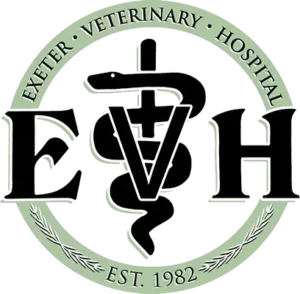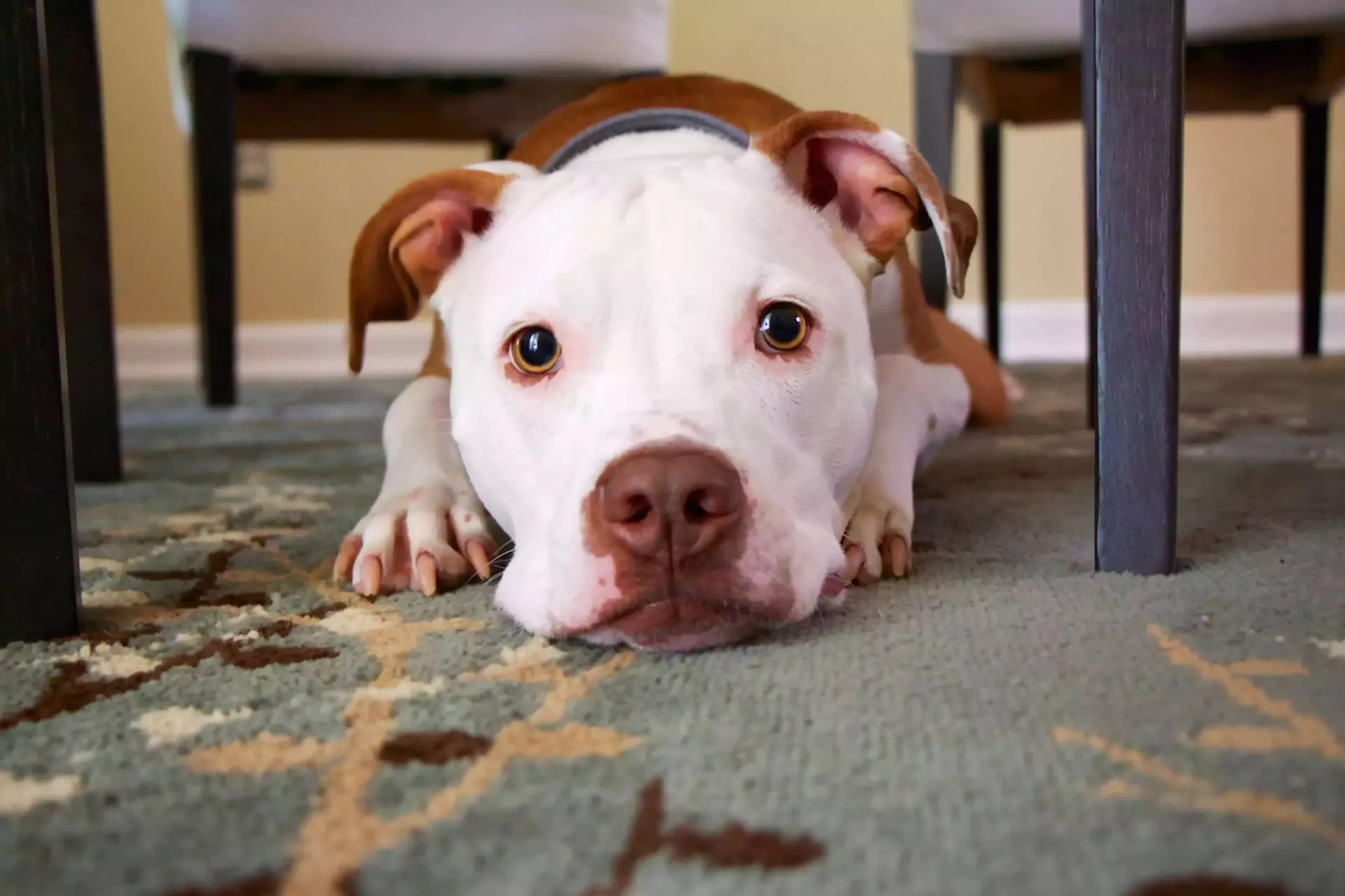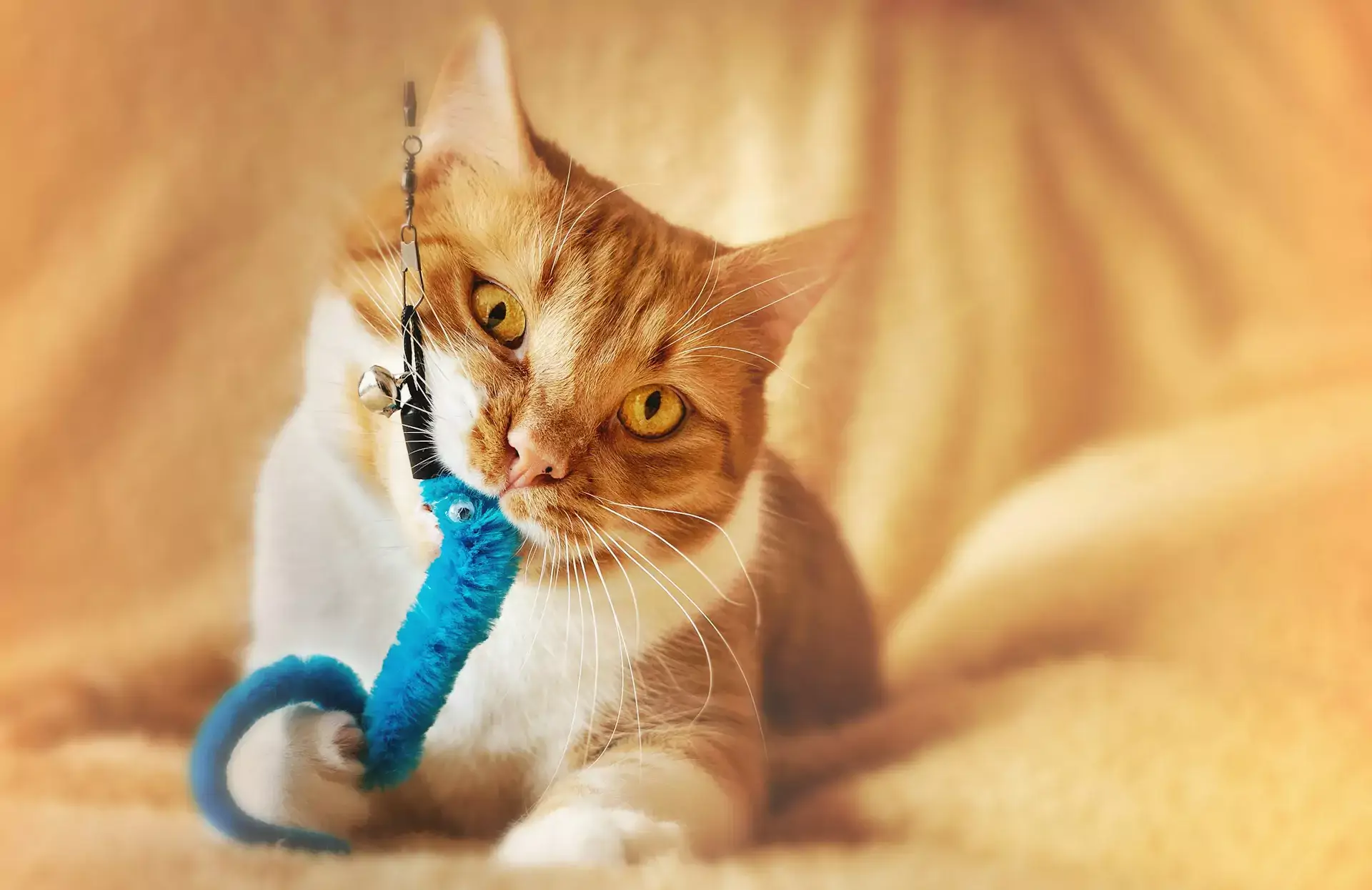Keeping Your Pet Safe Over Those Holiday Feasts
Can you believe the holidays are already here? It’s always nice to spend some quality time with our loved ones. Our animal companions count! They give us unconditional love, unwavering support and dedication, comfort, companionship, and never-ending cuddles. They also make us chuckle with their fun antics. There’s nothing wrong with giving your pet a special holiday treat. However, there are a few concerns that pet owners should be aware of at this special time of year. Read on for some pet safety advice from a local Tulare County veterinarian.
What Types of Meat Can Pets Eat?
In general, meat, fish, and poultry are OK as long as they have been cooked all the way through. You’ll also need to remove the skin, fat, and bones. Cooked bones become very fragile and can break into sharp shards. These are serious choking risks, but they can also cause significant internal damage if eaten.
Organ meats, such as liver, should be fed sparingly. Otherwise, they may cause vitamin A toxicity. Fatty foods, including bacon and sausage, should also only be served occasionally. Finally, avoid giving pets anything that has been seasoned with garlic, onion, or other potentially harmful foods.
Which Fruits Are Safe for Pets?
The list of safe and harmful foods for dogs and cats is essentially the same. Some pets of course like these foods more than others, but there’s no harm in trying!
Here are a few that are safe for pets:
- Apples
- Raspberries
- Watermelons
- Blueberries
- Bananas
- Pears
- Cantaloupes
- Mangos
- Oranges
- Peaches
- Cranberries
- Apricots
- Blackberries
- Figs
As a general guideline, you should remove all seeds, pips, and rinds. Some things may need to be sliced up before you hand it over.
Which Vegetables Are Safe for Dogs?
Fido and Fluffy can also eat plenty of vegetables. In fact, many vegetables are just as healthy for pets as they are for humans! Just don’t give your furry buddy something that’s been covered in butter, spice, or fattening sauces.
- Carrots
- Green beans
- Broccoli
- Celery
- Sweet potatoes
- Beets
- Peas
- Spinach
- Cucumber
- Kale
- Bell Pepper
- Squash
- Potatoes
- Zucchini
- Corn
- Lettuce
- Pumpkin
- Asparagus
Certain things such as broccoli and cauliflower, should only be served on occasion. Ask your Tulare County veterinarian for particular guidance.
What Foods Are Not Safe For Pets?
Many items that are beneficial for us are poisonous to our pets. Dogs are in a higher danger because they will eat almost everything, whereas cats are more selective. However, some will consume whatever they can get their cute paws on. As a general guideline, never give your pet anything until you have thoroughly researched it to assure its safety.
Here are some of the dangerous ones:
Grapes, Currants, And Raisins: These tart fruits are extremely harmful to dogs and cats. Some pups can develop renal failure after eating just one! Although more investigation is needed, scientists seem to have identified the culprit: tartaric acid, which causes kidney damage.
Cherries: The problem with cherries is not the fruit itself, but the pits, which contain arsenic. Many cherries are also marinated in sweet sauces, which contain more sugar than pets should consume.
Xylitol: Xylitol, sometimes known as birch sugar, is a sugar substitute that is exceedingly harmful to pets. Unfortunately, it is added to a variety of processed meals, particularly baked goods. It is also commonly added to peanut butter, which is typically otherwise safe for your pet to consume.
Onions And Garlic: The entire allium family is harmful to pets. This includes not only garlic and onion, but also scallions, shallots, leeks, and chives. The problem is that these foods include organosulphoxides, a toxin that harms your pet’s red blood cells and causes anemia.
Macadamia Nuts: Macadamia nuts can make your furry buddy very sick. Consumption may cause weakness, tremors, vomiting, sadness, and hypothermia.
Corn on the Cob: While corn kernels are OK, the cob is not suitable for pets: consumption can cause dangerous—and potentially fatal—intestinal obstructions.
Tomatoes: Tomatoes contain solanine, which is poisonous to pups in large amounts. The leaves are especially harmful. It’s also worth mentioning that green tomatoes or tomato parts are more concentrated than ripe flesh.
Chocolate: Chocolate includes methylxanthines, which can cause vomiting, irregular heartbeat, and seizures. Unfortunately, as little as one ounce per pound of your pet’s body weight can be a lethal dose.
Alcohol is also on the list. There are many other meals that, while not as harmful as those listed, are still unsafe. Many casseroles, for example, contain a lot of fat, cream, and cheese, which are unhealthy for pets.
Other unsafe foods include avocado, raw dough and yeast, and anything that contains xylitol. Always research something new before offering it to your pet. Ask your Tulare County veterinarian for particular guidance.
Book An Appointment At Our Tulare County Pet Clinic
Happy Holidays! We wish you and your families a pleasant holiday season! Please feel free to contact us for any of your pet’s care needs. As your Tulare County animal clinic, we are always happy to help.





!Social Icons